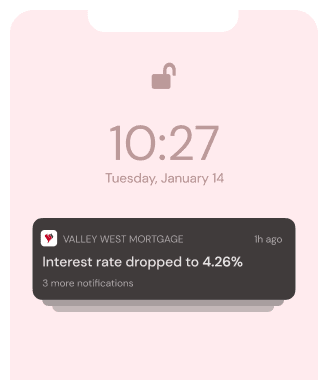Bank Stress Test
The Big 34
Earlier this year, we touched on national stress tests done by big banks. Since the Federal Reserve conducted their annual stress test last week and have now released their reports, today we’ll expand on the explanation of the stress tests.
Banking institutions with $50 billion or more in total assets are required by the Federal Reserve to conduct an annual stress test to ensure that through a national financial crisis (like a recession), the banks will retain their financial flexibility to lend to households and businesses. The stress tests are done to satisfy a requirement for the Comprehensive Capital Analysis and Review, also conducted annually by the Federal Reserve. Banks are also required to publish the results of their stress tests to demonstrate to the public their ability to withstand crisis. According to the results that were released by the Federal Reserve Board, our nation’s 34 largest banks passed the stress test.
"This year's results show that, even during a severe recession, our large banks would remain well capitalized," Governor Jerome H. Powell said. "This would allow them to lend throughout the economic cycle, and support households and businesses when times are tough."
Now take a sigh of relief, because that’s definitely good news. Passing the stress test means that if our economy fails, our banks will hold strong. The 34 big banks mentioned above hold more than 75% of the assets of all domestic banking institutions in the U.S. In other words, 75% of our country’s money is held within and managed by the 34 largest banks in the nation. It goes without saying that the funds held within the Big 34 are critical to our nation’s economy, hence the necessity of annual stress tests.
The stress tests come in two forms: the adverse scenario and the severely adverse scenario and all 34 banks are tested against both. The adverse stress test tests for stability of the banks given a United States recession. The severely adverse stress test tests for stability of the banks given a global recession. The tests weigh in factors like unemployment and elevated stress in loan markets and real estate.
Our nation’s banks are in good condition. They are doing a great job at keeping reserves on hand to protect against any future losses or disruptions in our economy. Those of us in the mortgage industry are overjoyed to know that our banks are taking care of themselves. A well-structured banking system means that there are enough national funds to go around to lend to borrowers who wish to purchase homes.
When doing your research, always be sure to consult reliable sources. Check out the sources for this article below!
https://movement.com/blog/2017/06/23/why-bank-stress-tests-are-critical-to-mortgage-markets/
https://www.federalreserve.gov/newsevents/pressreleases/bcreg20170622a.htm
http://www.investopedia.com/terms/b/bank-stress-test.asp


